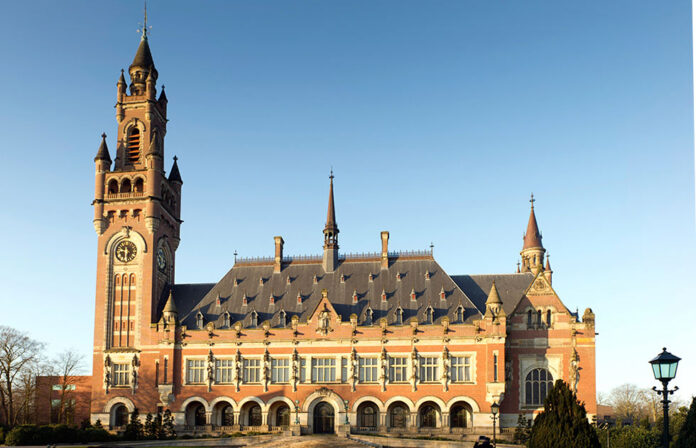THE HAGUE —The International Court of Justice, the principal judicial organ of the United Nations, on February 22 delivered its “Order on the Request for the indication of provisional measures made by the Republic of Armenia in the case concerning Application of the International Convention on the Elimination of All Forms of Racial Discrimination (Armenia v. Azerbaijan).” In its Order, which has binding effect, the Court indicates the following provisional measure: By thirteen votes to two, the Republic of Azerbaijan shall, pending the final decision in the case and in accordance with its obligations under the International Convention on the Elimination of All Forms of Racial Discrimination, take all measures at its disposal to ensure unimpeded movement of persons, vehicles and cargo along the Lachin Corridor in both directions.
IN FAVOUR: President Donoghue; Vice-President Gevorgian; Judges Tomka, Abraham, Bennouna, Xue, Robinson, Salam, Iwasawa, Nolte, Charlesworth, Brant; Judge ad hoc Daudet; AGAINST: Judge Yusuf; Judge ad hoc Keith.
Judge Yusuf appends a declaration to the Order of the Court; Judge ad hoc Keith appends a declaration to the Order of the Court.
History of the Proceedings
The history of the proceedings can be found in press releases Nos. 2021/20, 2021/27, 2021/34, 2022/55, 2022/76, 2023/5 and 2023/8, available on the Court’s website. A summary of the Order appears in the document entitled “Summary 2023/1,” to which summaries of the declarations are annexed. This summary and the full text of the Order are available on the Court’s website under the heading “Cases.”
Note: The Court’s press releases are prepared by its Registry for information purposes only and do not constitute official documents.









